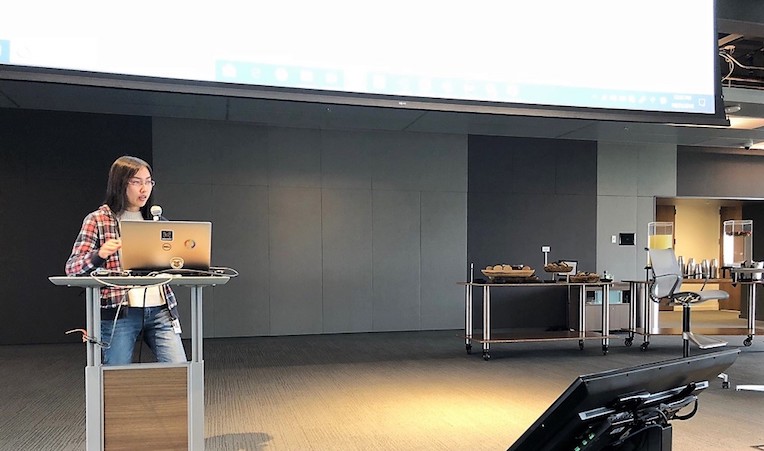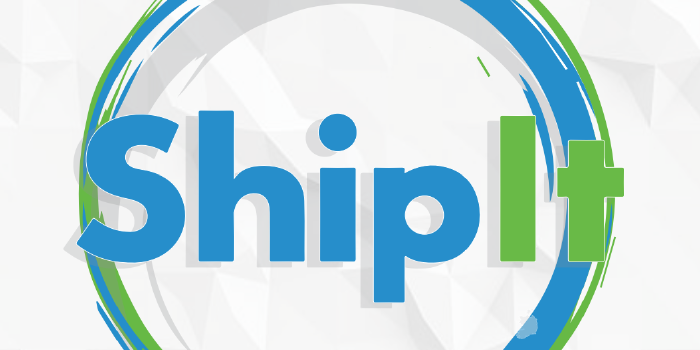2^5 Coding Competition 2018
At Cerner, associates are always encouraged to develop tools and methods to improve their productivity. With this year’s theme being “Engineering Productivity,” Cerner’s fourth annual 2^5 Coding Competition provided associates another opportunity to dive into this subject and get involved in Cerner’s development culture.
As usual, this year’s 2^5 Coding Competition was kicked off alongside Programmer’s Day festivities on September 13th. The competition lasts 32 days, and associates are encouraged to submit code every day. During this year’s competition, over 200 code snippet submissions in a total of 59 different languages marked another successful run of the competition. This year the participants were judged based on the following categories:
- Best Representation: What captures the concept of “engineering productivity” the best?
- Most Obfuscated: Which code snippet was the most difficult to understand?
- Greatest Variety in Languages: Which repository contained the most variety in programming languages across submissions?
Even though each submission had to be 32 lines of code or less, it didn’t stop the participants from brainstorming and executing great ideas ranging from Jenkins Pipelines, creating shell commands, and automating tasks for the tools we use every day. The many entries received exemplified how easy it is to increase productivity in an engineer’s daily life with just a few lines of code.
My Experience
As a participant, my biggest takeaway from this event was the learning experience it provided me. I was able to not only expand my skill set by working on the projects that I was passionate about, but also learn about different technologies. I found myself often inspired by reading through other participants’ submissions. The restriction of 32 lines of code drove all of us as participants to write clean and concise solutions. It also made learning from each other’s code snippets fun and straightforward. This event also helped me understand how easy it is to find new project ideas. Some ways participants could easily get inspired include discovering a new library heard about in a Tech Talk, a cool new framework that your team started using, or even a complaint about how difficult it is to use a tool. All these things can inspire and drive participants to develop projects that are going to enhance their own personal knowledge about the new technologies or even help improve other people’s work efficiency.
By combining the newly learned technologies and the inspirations I found, I was able to develop tools that make my daily work easier. By learning how to develop chrome extensions, I automated some steps in our timesheet submission system including automatically adding holiday timecode. Furthermore, by researching the ins and outs of shell scripting, I simplified various tasks in command line that would otherwise be complicated to execute. During the competition, I benefited from code snippets submitted by other 2^5 participants such as a bat file that enables users to open the GitHub repository URL from the local git repo. 2^5 provides a platform for anyone who wants to learn and share ideas, and it doesn’t require big time commitments. I believe it is a perfect opportunity for our engineers to get involved and innovate.
The Winners
Best Representation: Jenny Saqiurila
The judges agreed that Jenny’s collection of submissions were most closely aligned to the 2018 2^5 theme of “Engineering Productivity.” Specifically, the judges noted the high usability of her automated timesheet submission tool.
Most Obfuscated: Mithun Singh
Mithun captured the award for the Most Obfuscated submission using an esoteric programming language that was comprised of symbols that outputted “Hello World.” None of our judges were familiar with this language and found his submission impressive, yet confusing.
Greatest Variety in Languages: Susmitha Anandarao
As the 2^5 competition runs for 32 days, the maximum number of languages that could be used by a participant is 32 languages. Susmita was named this category winner because she submitted all 32 days worth of code and used 32 different languages.



